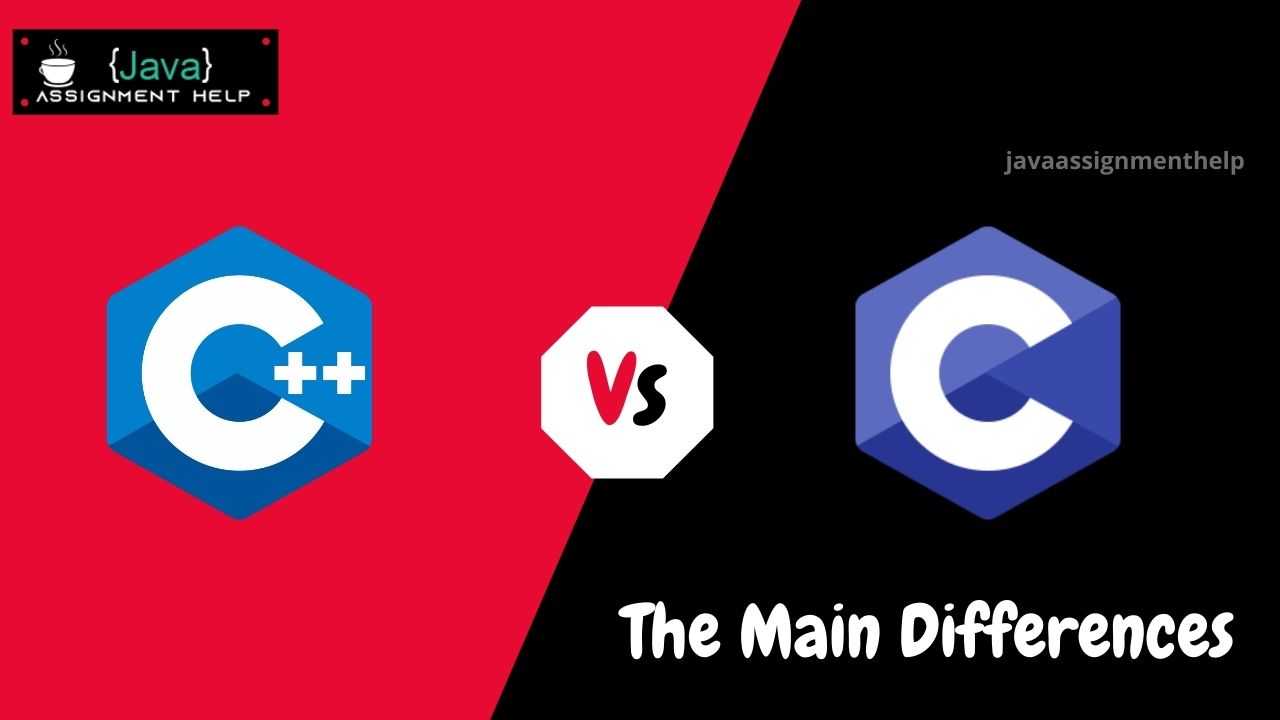We live in a technological age that is constantly growing. Programming is one of the most important aspects of technological growth. Today, it is one of the most reputable, sought-after, and well-paying careers available. It’s also a field that’s rapidly expanding. Every year, a slew of new programming languages emerge. So, the demand for programmers will continue to rise. As a result, an increasing number of students wish to learn to programme, but they are sometimes perplexed by the differences between major programming languages. As a result, we’ve prepared a full comparison of C++ and C for you today. This blog is also useful for folks who are unsure which of the two languages, C++ or C, is appropriate for their project. Let’s start with a fundamental overview of C++ and C before moving on to C++ vs C.
C++ vs C: The Main Differences
The following are the primary differences between C++ and C:
Data Security
C++ supports classes and object-oriented programming. Data encapsulation and information concealing are also supported as a result of this. Variables that were once visible in C can now be concealed within a class that only certain functions can access. As a result, C++ is significantly more secure than C when it comes to data security.
Features
Operator and function overloading are features of C++ that allow programmers to write custom definitions for certain operators, functions, and data. Furthermore, C++ employs inline functions (rather than macro functions), error handling exceptions, and reference variables. None of these characteristics can be found in C.
Performance
When comparing the performance of C++ vs C, it’s common to find that C is the quicker option. C++, on the other hand, has a chance to prevail in some situations. In truth, both of these languages are rather swift, making a comparison of their pace problematic.
Data Types
C++ and C are both statically typed languages. C, on the other hand, only provides primitive data types. C does not support the boolean and string data types. C++, on the other hand, supports primitive data types in addition to boolean and text data types.
Control
One of C’s main advantages is its direct control over memory and hardware. As a superset of C, C++ gives programmers the same control as C, but with more user-friendly tools to offer them even more power. As a result, learning C has the benefit of teaching you how to do things the hard way while simultaneously giving you more control over memory and hardware.
Code Execution
It’s worth mentioning that because C++ is a superset of C, you can run most C code with a C++ compiler. A normal C compiler, on the other hand, is rarely compatible with C++. As a result, if you wished to code in C, you could use a C++ compiler.
Conclusion
We have provided extensive information regarding C++ vs. C in this blog. C is a procedural language that takes a step-by-step approach to programming, whereas C++ is an object-oriented language that focuses on objects. Programmers can also use procedural programming approaches in C++. Both languages are capable, and the differences between them are usually slight. Hopefully, you’ve grasped the key differences between C++ and C.
If you want to read more about C++ vs C, you can visit our website.

